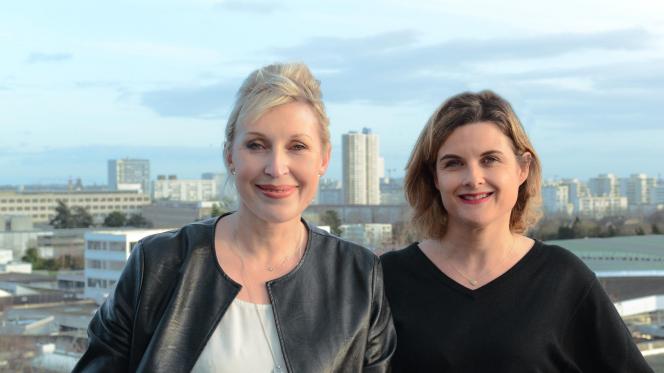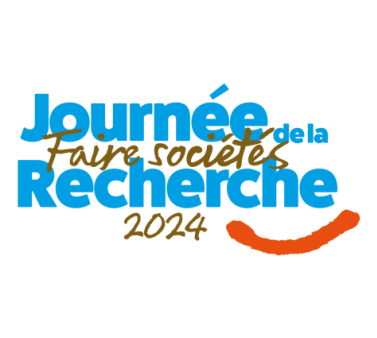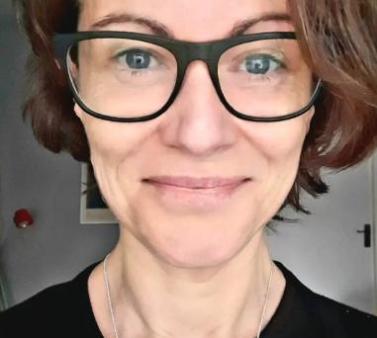
Rennes 2 Professors and Co-directors of the GIS EIRE: Grainne O'Keeffe-Vigneron and Anne Goarzin
With over 50 members and 22 partner universities, the GIS EIRE (Irish Studies: Networks and Challenges) is already off to a good start. The group, which brings together researchers working in the field of Irish studies in France and abroad, has already begun work in the two main areas of research: diasporic challenges and strategies, and human rights in Ireland.
The creation of the GIS EIRE is an initiative of the French Society for Irish Studies (SOFEIR), "There was an urgent need to structure Irish studies on a national scale and to expand the network in France around relevant contemporary themes" said Anne Goarzin, Professor of Irish Literature and Culture at Rennes 2 University and Director of the GIS.
The GIS has obtained funding from the Irish Minister of State for Diaspora and International Development as part of its Global Irish strategy for the period of 2019-2021. "Through the diaspora, we touch on the national and transnational communities, as well as the concept of soft power - which is of particular interest to the Irish Embassy," said Grainne O'Keeffe-Vigneron, Associate Professor and co-director of the strand focusing on the diaspora. Her own research project "Irlandais en France" aims to collect data on the Irish diaspora currently living in France. She has created a website for the project which includes an online questionnaire where members of this community are invited to share their life experiences. "My objective is to establish a profile of Irish people in France and to examine the collective experiences of this group of migrants by asking them about their origins, their life projects (personal and professional), their mastery of the French language, their ties to their country of origin and issues related to their return to Ireland." More than 350 people have responded to the questionnaire to date.
"The other research area of the GIS, "Human Rights and Democracy: Which Irish models?" will allow us to study issues related to the construction of citizenship, discrimination, human or linguistic rights, the rights of migrants in Ireland, as well as the very contemporary issue of women's rights, addressed in particular through the Citizens' Assembly, which helped to give structure to the debate ahead of the Irish referendum in 2018 on the repeal of the constitutional amendment banning abortion*, added Anne Goarzin. “For us, Ireland is a privileged field of study, because the challenges facing this small country and the answers to these questions are also European and global. Pooling the strengths of the partners will allow us to work with experts from different disciplines in France and Ireland. Three research centres at Rennes 2 are currently involved in the GIS EIRE: the Centre de recherche bretonne et celtique (CRBC), the interdisciplinary research laboratory for societal innovations (LiRIS) and "Anglophonie : communautés et écritures" (ACE). "The diversity of the research clusters involved in the GIS network shows that there is a real interdisciplinary approach at the university level," the two academics are pleased to say.
* For more information on this subject, read the editorial in Le Monde dated 27 May 2018.
More information about the scientific program of the GIS EIRE is available here.



